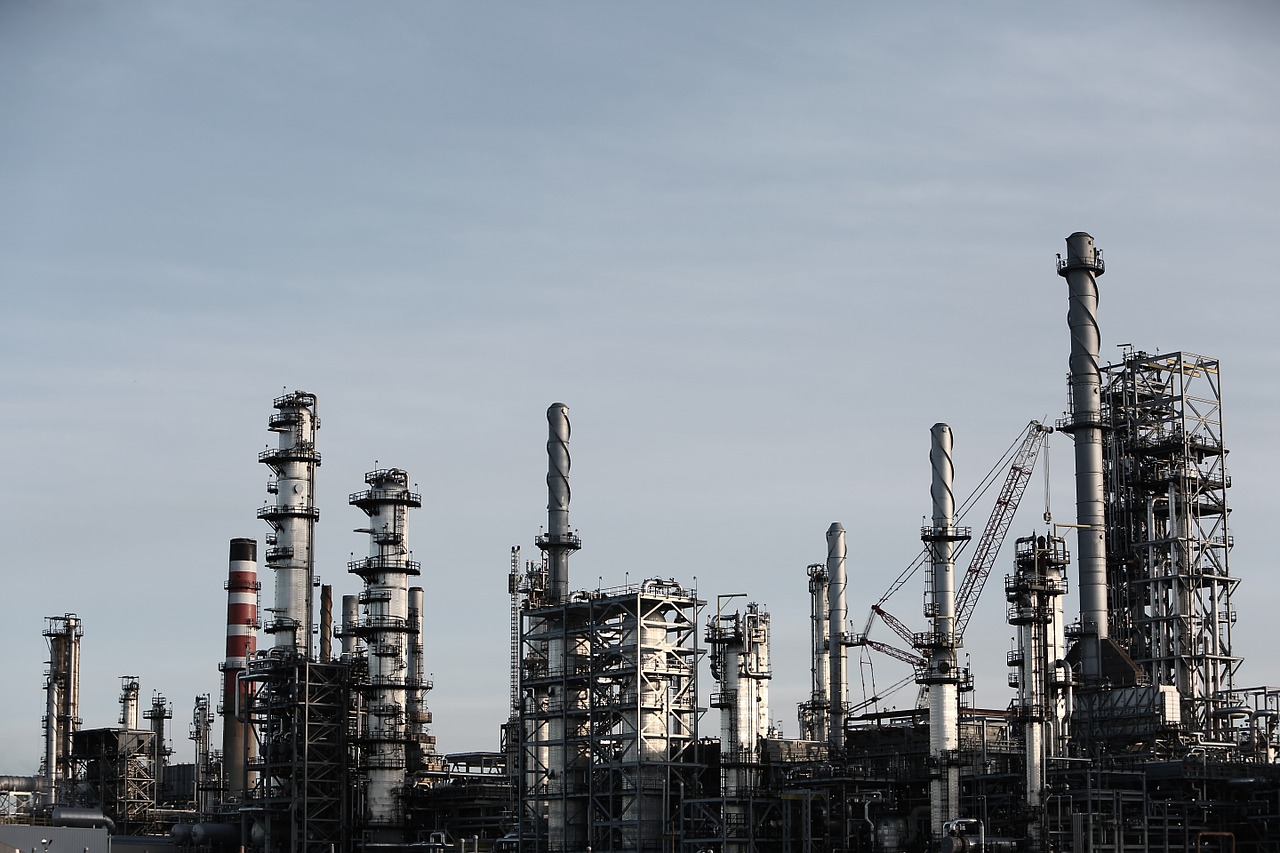Heavy industrial chemicals play a crucial role in various industries, ranging from manufacturing and construction to agriculture and energy production. These chemicals, characterized by their significant impact on industrial processes, require careful handling and management. In this blog post, we will delve into the realm of heavy industrial chemicals, exploring their applications, potential risks, and sustainable solutions. By understanding these aspects, we can make informed decisions to ensure the safe and responsible use of these chemicals.
- Understanding Heavy Industrial Chemicals:
Heavy industrial chemicals encompass a wide range of substances, including acids, solvents, metals, and polymers. These chemicals are typically used in large quantities and have diverse applications across industries. They are essential for processes such as metal fabrication, chemical synthesis, and wastewater treatment. By understanding the properties and characteristics of these chemicals, industries can optimize their usage and minimize potential risks. - Applications of Heavy Industrial Chemicals:
Heavy industrial chemicals find applications in various sectors. For instance, in the manufacturing industry, chemicals like sulfuric acid and sodium hydroxide are used in metal cleaning and surface treatment. In agriculture, fertilizers containing nitrogen, phosphorus, and potassium compounds enhance crop growth. Additionally, heavy industrial chemicals are crucial in energy production, where they are used in oil refining, coal processing, and nuclear power generation. By exploring these applications, we can appreciate the significance of these chemicals in our daily lives. - Potential Risks and Safety Measures:
While heavy industrial chemicals offer numerous benefits, they also pose potential risks to human health and the environment. Exposure to certain chemicals can lead to respiratory problems, skin irritation, or even long-term health issues. Moreover, improper handling and disposal of these chemicals can contaminate soil, water sources, and air. To mitigate these risks, industries must adhere to strict safety protocols, including proper storage, handling, and waste management practices. Regular monitoring and risk assessments are also crucial to ensure a safe working environment. - Sustainable Solutions for Heavy Industrial Chemicals:
As industries strive for sustainability, finding alternative solutions for heavy industrial chemicals becomes imperative. One approach is the adoption of green chemistry principles, which focus on minimizing the use of hazardous substances and reducing waste generation. Additionally, recycling and reusing chemicals can help minimize environmental impact. Furthermore, research and development efforts are underway to develop safer and more sustainable alternatives to traditional heavy industrial chemicals. By embracing these solutions, industries can reduce their ecological footprint and contribute to a greener future.
Conclusion:
Heavy industrial chemicals play a vital role in various industries, but their usage requires careful consideration of their applications, potential risks, and sustainable solutions. By understanding the properties and applications of these chemicals, industries can optimize their usage while minimizing risks. Implementing strict safety measures and exploring sustainable alternatives are crucial steps towards responsible chemical management. By doing so, we can ensure a safer working environment, protect human health, and preserve the environment for future generations.


